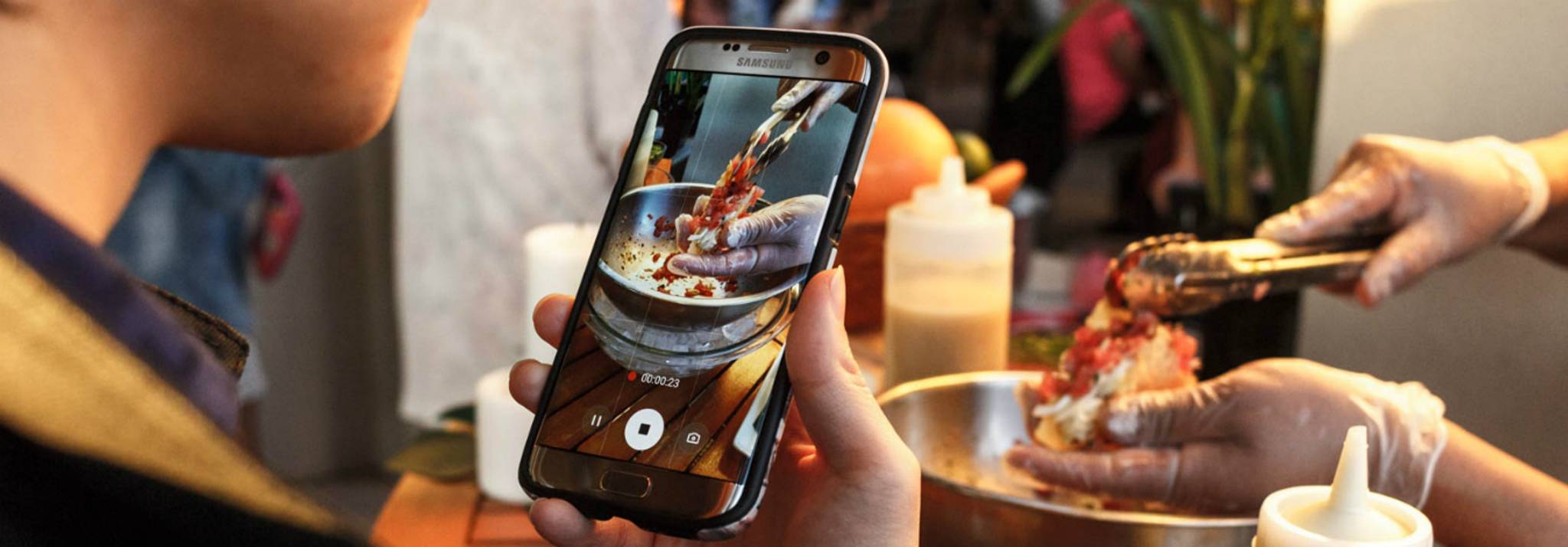
According to two of Instagram’s employees, users of the image-based social network are growing weary of picture-perfect posts. Instead of the highly curated feeds that have become the norm, people are increasingly responding to imperfection – which is one of the drivers behind the success of Instagram Stories. We explore the science behind the rise of imperfect Instagram posts.
With popular culture feeding a ‘reality’ diet of the Kardashians and Made in Chelsea, along with the constant online reminders of people's idealised lives on Instagram, insecurities about self-image and social status are heightened, leading to hyper-perfectionism. And it’s proven to cause harm beyond the individual. Studies show that high expectations (of oneself as well as others) and a demanding nature make narcissistic perfectionists hard to please. “The stress on being perfect can make us less tolerant of people who are different from us,” explains Dr. Lisa Bortolotti, professor of philosophy at Birmingham University. “The difference is interpreted as a source of imperfection.”
So, it makes sense that a backlash is mounting. Talking as part of a seminar on Instagram best practices, employees Eva Chen and Virginia Nam noted that despite starting out as a casual platform on which to share images, Instagram has become dominated by photogenic, contrived imagery – in part due to the rise of professional content producers. “That became the norm,” says Chen, “and Instagram became saturated with those images.” The result is that the highly-curated feed has been stripped it of its distinctiveness and ‘perfection fatigue’ has created a space for more ephemeral, imperfect posts – like those enabled by the Instagram Stories feature, which has 250 million daily users. In response, Chen and Nam advised brands and bloggers to opt for more honest and unstaged images.
Instagram has been found to be the worst social media platform in terms of its effect on the mental health of young adults, so it is unsurprising that Gen Zers were some of the first to push back against its perfectionism – creating Finsta accounts for their ‘real’, unguarded selves.
And just as the desire for a perfect Instagram picture contributed to the purchase of snappable objects – like well-designed crockery – the desire for the unpolished is translating off-screen too, with people embracing imperfect food and drink and proudly displaying their flaws by tagging their posts #wabisabi.
Katy Young is a behavioural analyst at Canvas8, which specialises in behavioural insights and consumer research. She has a degree in American Studies and Film, and an MA in Journalism. Her interests include wild swimming, thinking of podcast ideas and singing in an all-female choir.



